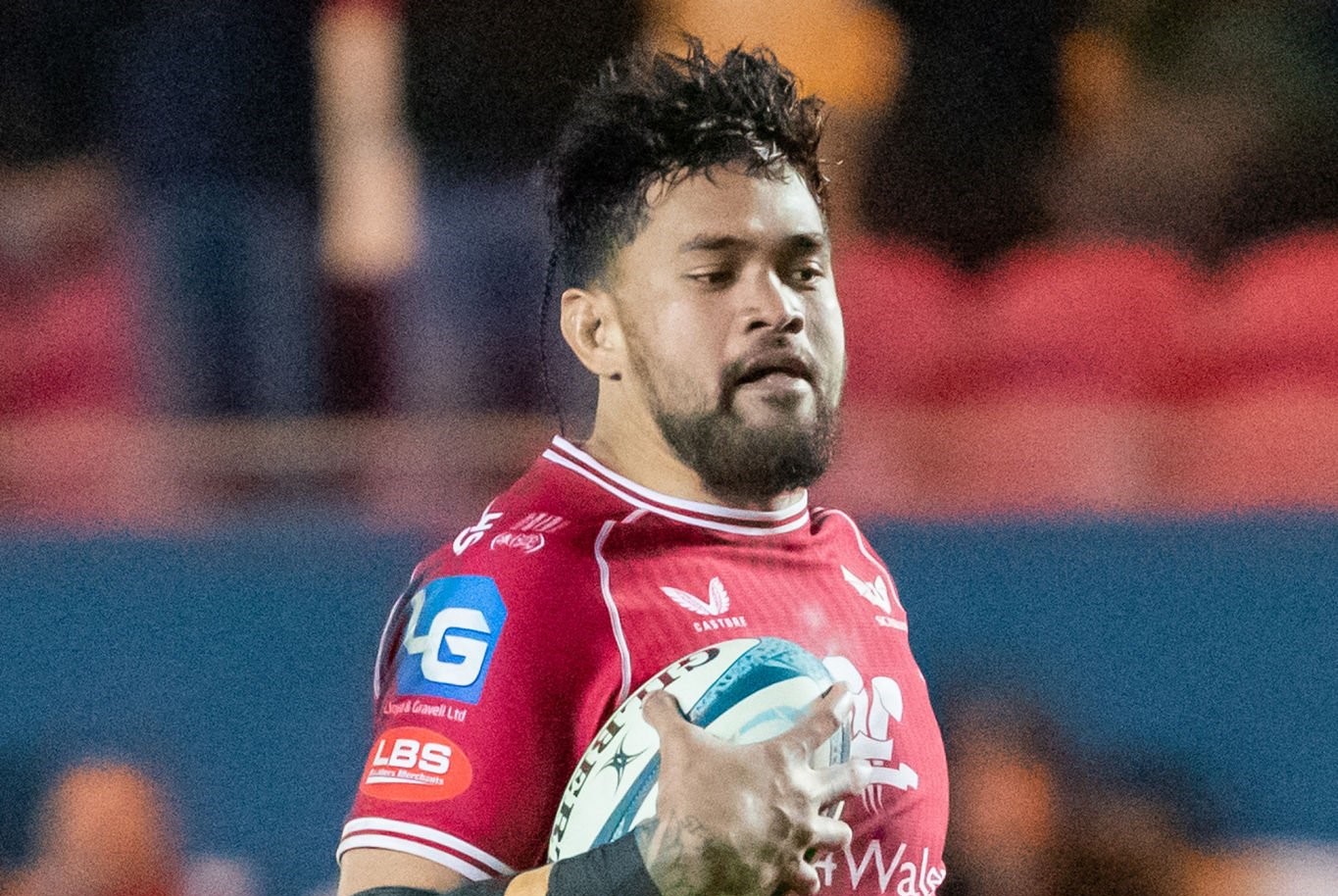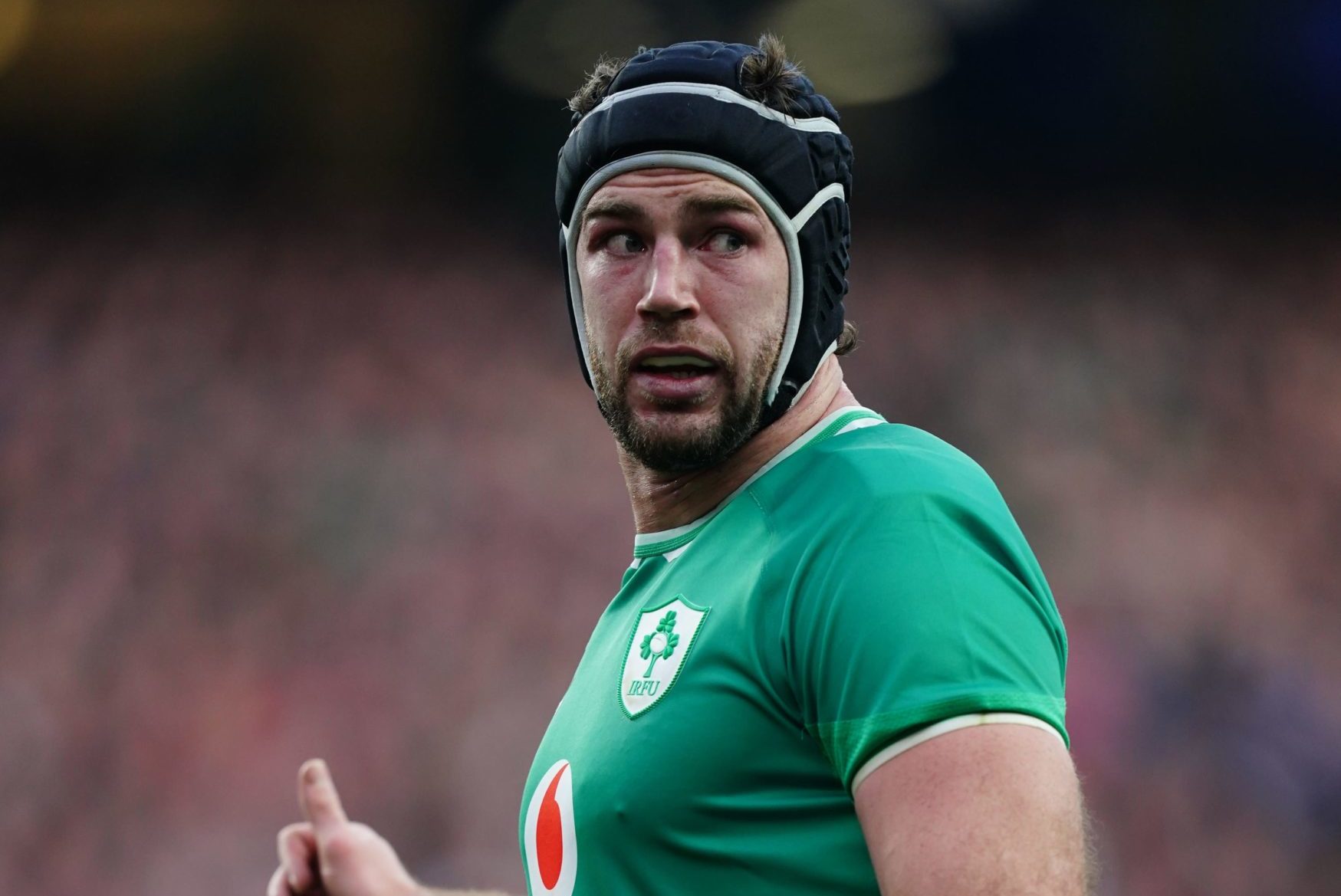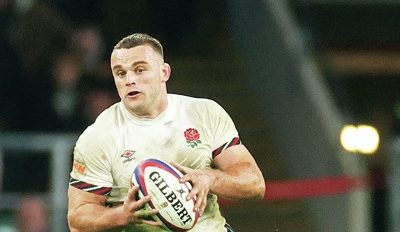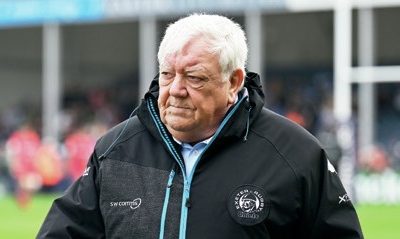 Ever since the Anglo-French club pact was formed Martyn Thomas has predicted that the Top 14 clubs would fold like a soggy croissant once the government-backed heavyweights in the French Federation started to unleash their big punches.
Ever since the Anglo-French club pact was formed Martyn Thomas has predicted that the Top 14 clubs would fold like a soggy croissant once the government-backed heavyweights in the French Federation started to unleash their big punches.
Late on Friday afternoon the former RFU board chairman was proved right when a meeting of the LNR, the administrative body of the Top 14 clubs, finished with the French clubs kow-towing to the wishes of ‘Monsieur Le President’, French Federation strongman Pierre Camou, and doing a ‘volte-face’.
Thomas, although now working on his cattle farm in Pembrokeshire rather than at a desk in Twickenham, had kept tabs on the situation. It is why English rugby‘s elder statesman did not bat an eyelid when Paul Goze, the chairman of the LNR, said that, having got most of the concessions they wanted, the French clubs would be playing in next season’s Heineken Cup, as opposed to the new Rugby Champions Cup.
The fact that this left their Premiership Rugby allies shell-shocked and the take-over tournament they had created together in a crumpled heap did not merit a mention. The only sop to the beleaguered English clubs was that the French would require them to be in the Heineken Cup too, if they wanted to be in it…
The apparent ease with which the French clubs abandoned their shoulder-to-shoulder stance with the Premiership “not to play in any tournament run by ERC” does not surprise Thomas.
However, instead of castigating the French he takes careful aim at Premiership Rugby before firing a withering fusillade in their direction.
“The leadership of Premiership Rugby has got to answer some questions. If they feel ERC and the RFU are dysfunctional, they also stand accused of the same failings.”
Thomas says that foremost among those flaws is a total failure to understand French rugby’s status quo. He asks, “How could they have misjudged the French position so badly?”
Thomas adds: “The law in France, in which the government vests authority in the French Federation President to run the game, has not changed – and nor have the leading personnel in French rugby changed. They were never going to honour a gentleman’s agreement just because they were talking to French-speakers like (Bath owner) Bruce Craig. I always said, ‘There is no way the French will follow an Englishman’.”
Thomas also targets Premiership Rugby’s chief executive, Mark McCafferty, suggesting it is time he moves on from his £400,000 p.a. role.
“The practical reality is that Mark McCafferty has led the Premiership into the wilderness. Now he’s either got to lead them back from the wilderness, or they’ve got to find someone else to do it.”
He adds: “CEOs have to move on, and just as it was right for Francis Baron to move on from the RFU, it’s time for Mark to move on. He’s been there since 2005, and it probably needs a change of personnel so they can rebuild.”
Thomas says the errors in judgement are not new: “I felt their credibility was in question even two years ago during the 2011 World Cup when McCafferty and (PRL chairman) Quentin Smith were traipsing around Auckland like Trappist monks in sackcloth and ashes lashing themselves over the conduct of the England players – the vast majority of whom were contracted to Premiership clubs.”
Nor does Thomas spare the RFU for what he considers to be a vacuum in leadership at a crucial time. This led to the French, Welsh, Scots, Irish and Italian Unions snubbing the RFU, refusing to invite chief executive Ian Ritchie to the recent meeting in Dublin where they closed ranks in support of an ERC-run, Union governed Heineken Cup.
“Presumably the RFU will be seen by Premiership Rugby as being supportive, whereas outside England they have been seen as weak. They are not governing – England’s standing and status on the world stage is at an all-time low. It is not the way I would have chosen to do it.”
Having been the main mover and shaker in delivering the successful England bid for the 2015 World Cup, Thomas says that England are now hopelessly under-strength when it comes to influence in rugby’s international corridors of power.
Instead, it is the French, with Bernard Lapasset in his second term as IRB chairman, who have brought their autocratic favours-for-votes ways into the world governing body, while his right-hand man, Camou, plays the enforcer in France.
Thomas says it is time the English woke up. “England should be the most influential country in the game. Two things give you credibility: one of them is the ability to deliver on the field of play through sustained quality of performance. The other is that you are seen to work for the common good of the game around the world.
“I know how low our esteem was when I went onto the IRB in 2007. It had plumbed the depths then, and we’re back there again now. If the World Cup is now about commercial delivery – and, regrettably it is about that more than it should be – England should always be at the forefront.”
He adds, “The reality is that if there is still a bridge to build between the RFU and the Premiership, there is a highway to build between the RFU and the rest of world rugby. The RFU have to find the right people to represent them on the IRB. We have to find big figures to work on the world stage and give us credibility.”
As he looks at the landscape ahead, what Thomas sees concerns him deeply, especially the erosion of the European Cup into a tournament that, if the English clubs are absent, will be weakened – but will also weaken England’s World Cup hopes.
Thomas says that Premiership Rugby’s boast of having a war-chest which will tide them through two years without European competition could have mixed results. “The big problem if England do not play in Europe in the next two years is that while physically they could be in better shape, they could suffer due to a shortage of high profile competition over a consistent period.”
He says that it is a time for cool heads and compromise.
“It is very dangerous to be abrasive and aggressive in the face of victory – and there is enough intelligence around the table to be constructive. I don’t want to see the Heineken Cup chucked away, because there has been too much work done to get it to where it is. The aim must be to build a better competition.
“In many ways, the improvements that the Anglo-French clubs were seeking have now been delivered. A 20 team format has been agreed on a more meritocratic basis, and so has a fairer division of the revenues. There has also been an acceptance that commercial revenue streams can be improved.”
However, worryingly, while he believes the Celtic and Italian Unions have won this battle thanks to the French Federation’s whip hand over their clubs, Thomas warns that the Heineken Cup war is far from over.
“It is not a clever idea for anyone to assume that this is resolved. We are a long way from being out of the woods, and it will need very astute negotiators to find a way forward. The practical reality is that the RFU and the English clubs have lost this battle, and the Celtic and Italian Unions will not want to do just a one or two-year Heineken Cup agreement going forward.
“They will want a new agreement at least through to the Japan World Cup in 2019, and again, they will argue for two years’ notice to terminate. So, for the English clubs to come in next season, could be very difficult.”
Thomas argues that with the French clubs relying on municipal stadiums the tendrils of government are everywhere, and the Premiership owners have to face reality about their allies.
“The French clubs are not going to breakaway now, or in the future. Ultimately, they will not go against what the French Federation or the IRB wants. This was never going to get off the ground, and I cannot see the Celtic Unions and the French Federation doing some short-term fix to put it off the table for two years for the benefit of the English and French clubs.”
His view is that the big sticking point is governance. “I still do not believe fundamentally that this conflict is just about commercial matters – it is part of a move by the clubs to get control of the governance of the sport from the Unions. It is a big concern, and between them they have to find a solution.”
He explains the stresses and strains in the English pro rugby model: “The clubs and the RFU have been brought together by mutual interest, but many of the clubs feel that the expertise and risks involved in pro rugby have been taken on by them, not the RFU. I know from my conversations with them that many think, ‘why should we be told how we can run our business by people who themselves take no risks?’.”
Thomas continues: “In some ways I can see their point. This whole situation is symptomatic of the problems in Northern Hemisphere rugby that have still to be addressed, such as a dysfunctional fixture list, including too much international rugby, and unresolved issues about the club-country contractual position.”
The good news amid the mayhem is that the 2015 World Cup is not in danger.
Thomas says: “There is no way that the 2015 World Cup is in jeopardy because of the current uncertainty over where the Heineken Cup is going. It is written in tablets of stone that there will be player release from the Premiership clubs to England up to and including the 2015 tournament. It is enshrined in the agreement we signed in 2007.”
What is not enshrined is whether there are administrators as capable of getting things done as Thomas was, so that the English clubs continue their European Cup battles on the pitch rather than in boardrooms.
NICK CAIN

1 Comment
You must be logged in to post a comment Login
Leave a Reply
Cancel reply
Leave a Reply
You must be logged in to post a comment.

United Rugby Championship
Vaea Fifita’s commanding presence has Scarlets pushing for URC play-off spot

British and Irish Lions
British and Irish Lions Watch: Caelan Doris confirmed to miss the tour with injury



























johnno64
10 December 2013 at 12:15 AM
Excellent article! Martyn Thomas is a rock of sense. Lead by example and inclusion not division. He’s looking at the bigger picture and the future of rugby for all not just those in PRL.